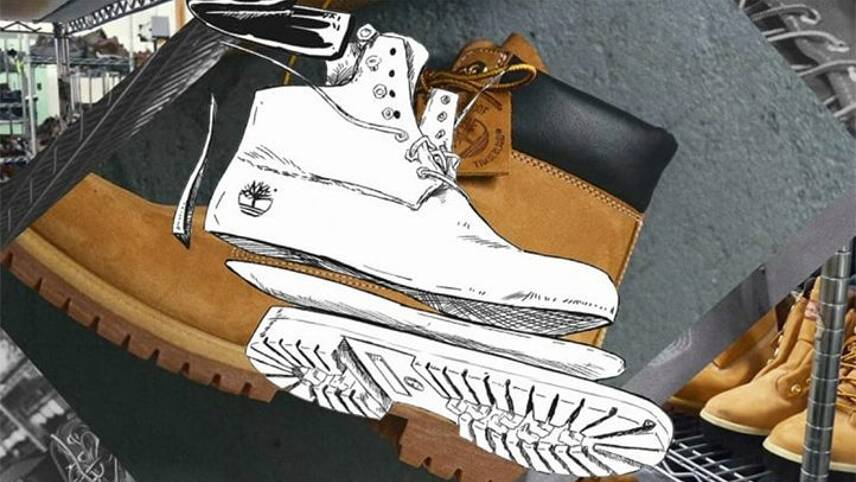Register for free and continue reading
Join our growing army of changemakers and get unlimited access to our premium content

Image: Timberland
Under the scheme, customers are being invited to return worn Timberland shoes, clothes, bags and other accessories to stores, or to use a pre-paid returns service to send items to the brand by post.
The clothing is then sent for quality checks. If they are gently used, they will be sent for repairs and resale. If they are considered beyond repair, they will be taken apart for parts and then recycling.
To incentivise uptake, Timberland will give customers who use Timberloop a 10% off voucher to use for their next purchase. While this model has proven popular at fashion brands, including H&M and Marks and Spencer in the UK, it has been criticized by some sustainability thought-leaders as a means to encourage people to overconsume.
Timberloop has launched in the US in the first instance – the brand’s largest market. The first stores to offer the take-back are in Grand Island and Hasting, Nebraska. Customers across the US will be able to use the postal option.
“Timberland products are already designed to be durable and long-lasting, and I love the idea of extending that even further with a second life outside the landfill,” said the firm’s global brand president Susie Mulder.
“With the growing awareness of environmental issues and personal consumption choices, I believe our community will be as excited about the Timberloop program as we are. This is a huge step as we work toward our vision of a more equitable and green future.”
Timberland has notably committed to ensuring that it has a net-positive impact on nature within a decade, and to ensuring that all products and services are designed to circular economy principles within the same timeframe.
As good as shoe
The fashion industry is regarded as one of the world’s most wasteful. The Ellen MacArthur Foundation estimates that a bin lorry of textiles is wasted globally every second, largely due to a massive increase in production in recent decades and a lack of commercially available recycling processes. According to the foundation, just 2% of the fashion produced each year will be recycled in a closed-loop manner that avoids downcycling.
The good news is that resale and refurbishment models are becoming increasingly popular with brands. Aside from Timberland, new announcements have been made by the likes of Nike, VivoBarefoot, Farfetch and Selfridges recently. The global fashion resale market is set to grow to $64bn by 2024, expanding 1.5 times quicker than the fast fashion sector.
Just this week, multinational NGO WWF has announced a new partnership with secondhand online fashion marketplace Thrift+. WWF is encouraging supporters to sort through their wardrobe and send unwanted items, free of charge, to Thrift+. The platform takes a portion of the money generated from selling clothes to pay for its operations and staff, then gives users the options of either giving all remaining proceeds to charity or taking a portion as profit for themselves.
Sarah George


Please login or Register to leave a comment.